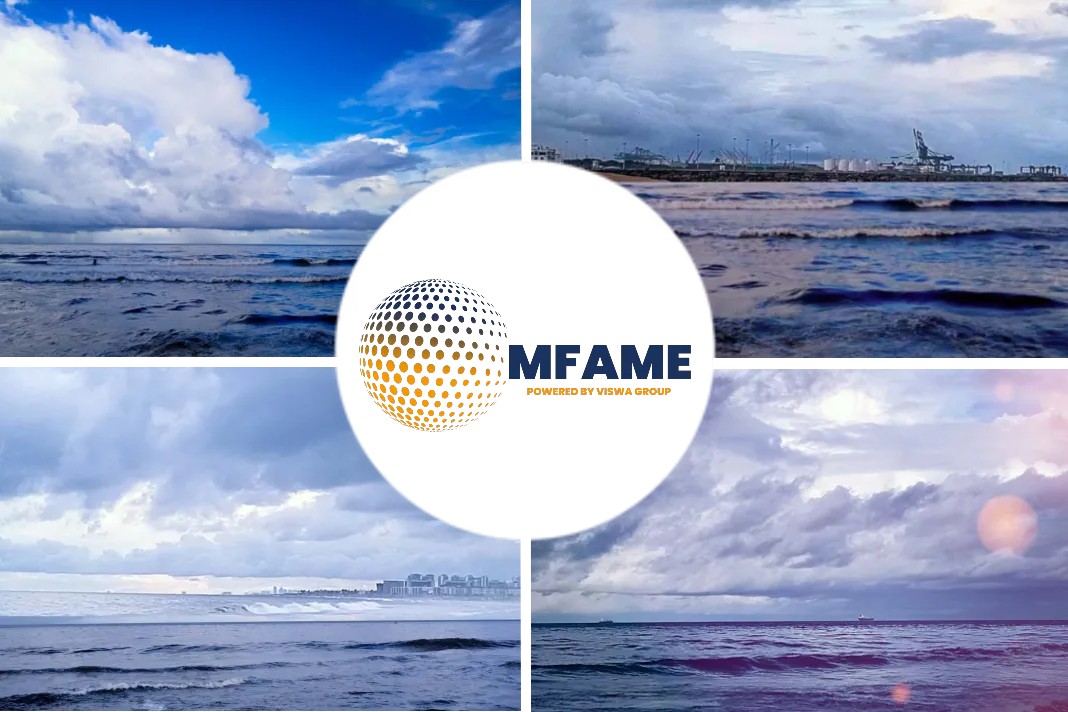A new EU-funded project is looking to decarbonise cruise shipping by demonstrating the effectiveness of solid oxide fuel cells (SOFC) to provide heat and power aboard cruise ships, says an article published on Riviera.
Solid oxide fuel cell
The HELENUS consortium will build, integrate and demonstrate a 500-kW solid oxide fuel cell module aboard an MSC cruise ship.
The project is managed by the German Aerospace Centre (DLR), has been funded to the tune of roughly €14M (US$14M) and will team up with Norwegian startup Alma Clean Power.
Fully integrated
SOFCs are the most efficient chemical energy converters currently available.
The fuel cell will be fully integrated, spatially, electrically and thermally into the ship design.
Full-scale demonstrator
“This is our first full-scale demonstrator with LNG in a new and important segment for us. Our ambition is to deliver a complete energy package for cruise vessels, both for heat and power on board. The project fits perfectly into our roadmap towards the development of low and zero-emissions solutions for deepsea shipping”, said Alma chief executive Bernt Skeie.
Economically viable
LNG was chosen for its practicality. Its use in a solid oxide fuel cell ensures no methane-slip, and negligible sulphur and NOx emissions.
HELENUS project manager Elaine Maille noted, “The exhaust consists of concentrated CO2 and water, making CO2 capture very efficient and economically viable. With CO2 capture, cruise ships can achieve zero emissions with LNG.”
Green transition
Further, Alma Clean Power said the same tank and fuel system can be used for LNG and ammonia, facilitating the green transition.
Alma’s fuel cells can also operate on methanol, LPG, ethanol and syngas.
Long-term goal
The project’s long-term goal is to demonstrate feasibility that a solid oxide fuel/internal combustion engine hybrid vessel can achieve an efficiency gain of 23%.
According to the EU Commission, success on this project will enable the technology to be upscaled by as high as 20 MW by early 2029.
Functional testing
The MSC cruise ship will be built at French yard Chantiers de’Atlantique and enter operation in 2022.
Alma’s fuel cells will be manufactured in a new pilot production line in Bergen, Norway while a SOFC test unit will be delivered and integrated at DLR test facilities in Germany to be used for functional testing and validation of simulation models.
Project partners
Project partners include IHC MTI, MSC Malta Yard Management Ltd, Delft University of Technology, Balance Technology Consulting, Bureau Veritas Marine & Offshore, IFEU, DLR, Chantiers de L’Atlantique and Wärtsilä.
Alma Clean Power is attending SMM 2022 in Hamburg at Hall B7, Stand 102.
Did you subscribe to our daily Newsletter?
It’s Free! Click here to Subscribe
Source: Riviera
























